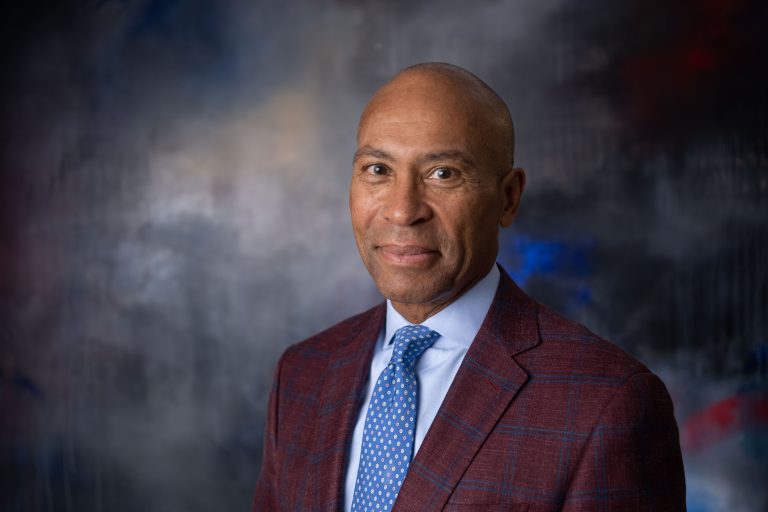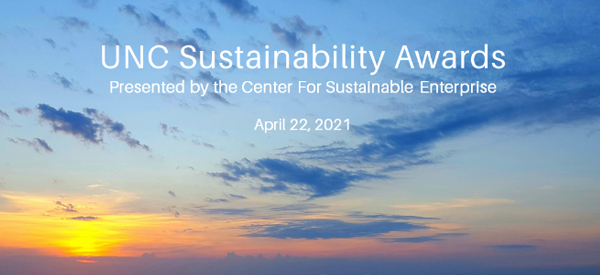
Please join us for an exclusive conversation with Gov. Deval Patrick on April 23 at 5 p.m. as a part of the Dean’s Speaker Series, hosted by the Kenan Institute in partnership with UNC Kenan-Flagler Business School Dean Mary Margaret Frank.

The Evolution of ESG Metrics
Participants at this year's Alternative Investments Conference discuss how ESG metrics have evolved over the past decade.

The Public Focus on ESG
Participants at this year's Alternative Investments Conference give their thoughts on the recent public focus on ESG.
Participants at this year's Alternative Investments Conference discuss the increasing importance of ESG in their organizations and to investors.

ESG Investing: Cure-all or Placebo?
With more business leaders than ever before embracing stakeholder capitalism – or the belief that companies should work to benefit all stakeholders, not just shareholders – myriad questions have arisen about the concept’s viability and potential for impact. The Kenan Institute has been working to respond, and today we are excited to launch a new series exploring the most pressing issues surrounding stakeholder capitalism. Kicking off the series is this week’s Kenan Insight, which takes a deeper dive into the buzzed-about world of ESG investing. We hope you’ll check it out, and look forward to engaging with you on this topic and others throughout the series!

As long-standing leaders in sustainability, the Center for Sustainable Enterprise and the Kenan Institute of Private Enterprise are proud to host the University of North Carolina Sustainability Awards. These awards recognize the leadership of North Carolina Business in protecting and promoting the state’s natural resources.
The UNC Entrepreneurship Center will host its fourth and final fireside chat for the fall 2020 semester with Bill Spruill on Wednesday, Nov. 11. Fireside chats are a continuing series of talks hosted by Launch Chapel Hill and The Entrepreneurship Center. These conversations seek to showcase a broad range of entrepreneurs who are making an impact in their field, as well as introduce and connect these people to the Launch Chapel Hill and Triangle community.

Can Social Entrepreneurship Deliver Impact?
Major strides have been taken in recent years to push toward more sustainable investing practices, yet it remains to be seen if such initiatives are actually meeting their goals. In this Kenan Insight, we look at the challenges of both implementing and measuring the effectiveness of social entrepreneurship and impact investing.

Black Economic Futures
One of the long-standing damages of institutional racism in the United States has been a bleak economic outlook for African Americans. In this Kenan Insight, we ask whether today’s activism might prove to be a defining moment in turning the tide for Black economic futures, and if so, who will play the key roles in creating lasting change.
Research exploring investor reactions to sustainability has substantial empirical limitations, which we address with a large‐scale longitudinal financial event study of the first global sustainability index, DJSI World. The study highlights the importance of careful analysis and longitudinal global samples in making inferences about the financial effects of social performance.
We explore the effect of the interplay between a firm's external and internal actions on market value in the context of corporate social responsibility (CSR). Specifically, drawing from the neo-institutional theory, we distinguish between external and internal CSR actions and argue that they jointly contribute to the accumulation of intangible firm resources and are therefore associated with better market value.




What ESG-Focused Investors Need to Know in 2022
There’s no escaping the growing interest in environmental, social and corporate governance investing, but not everyone agrees on how to define, measure or report the variety of factors considered under ESG. Professor Laura Starks of the University of Texas McCombs School of Business spoke on the subject in May at the Alternative Investments Conference, sponsored by the Institute for Private Capital. Starks’ keynote speech, highlighted here, examined the knowns and unknowns of ESG investing as well as new regulations that may be coming.